|
With the fragile five-day ceasefire in Syria coming to an end, what is likely to happen now? Mehmet Ozalp writes that despite the threat of economic sanctions from the US and worldwide condemnation, Turkey is likely to stay in Syria for a long time.
The decision by the Royal Swedish Academy of Sciences to recognise three economists for their pioneering work on the use of randomised controlled trials is a worthy one. But experimentation, which randomised controlled trials are about, should be treated with care. Because it is expensive, time-consuming and ethically tricky, explains Sam Jones, its use without diagnosis pointing to the valiance of a specific mechanism can be wasteful.
|
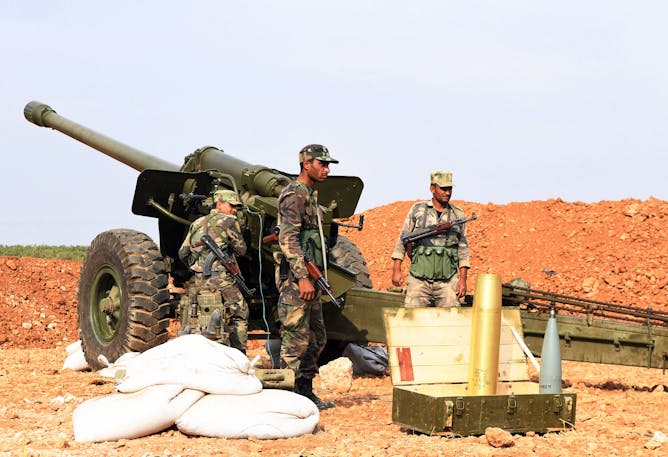
Syrian troops deployed near Aleppo. The likely winner from the latest conflict in Syria is the Assad government.
AAP/EPA/SANA handout
Mehmet Ozalp, Charles Sturt University
With so much politics at play, Turkey is likely to be in Syria for a long time to come – and the real winner from it all is likely to be the Assad government.
|
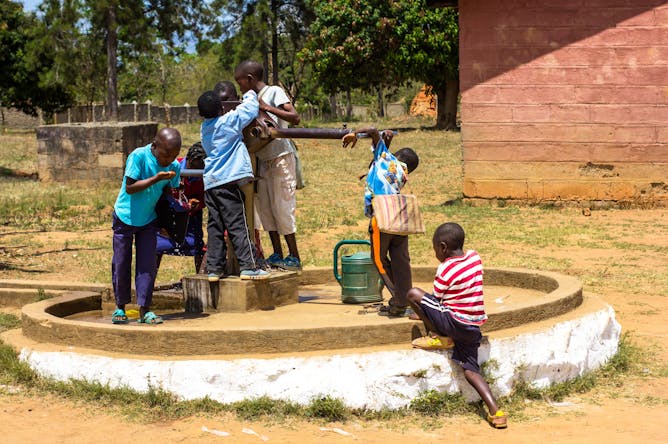
Little is known about what’s happening in Mozambique’s labour market, except that jobs are scarce for young people.
Shutterstock
Sam Jones, United Nations University
The 2019 Nobel Prize in economics recognises the contribution of practical experimental work to development, but the value of putting diagnosis before treatment shouldn't be lost.
|
Politics + Society
|

Ajay Parasram, Dalhousie University
The urgent issues facing Canada during the election are not less urgent now that the election is over. The prime minister is going to have to reinvent himself and commit to some important compromises.
| |

Simon McCarthy-Jones, Trinity College Dublin
We are in a battle for our minds. And it isn't clear we will win.
|
|
|
Environment + Energy
|
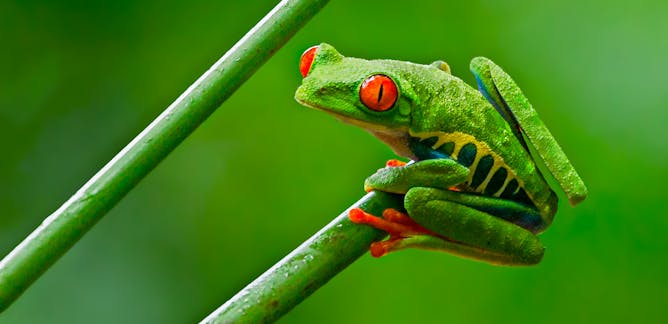
Nitya Mohanty, Stellenbosch University
People sometimes release pets into the wild, resulting in biological invasions.
| |

Nuria Ferrer Ramos, Universitat Politècnica de Catalunya - BarcelonaTech
Government leadership is needed to manage the aquifer as a system for all, including environmental services, rather than for the powerful few.
|
|
|
En français
|
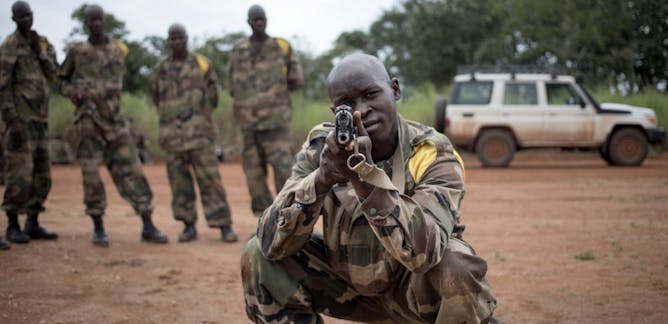
Thierry Vircoulon, Sciences Po – USPC
Une paix fragile a été instaurée en Centrafrique sous les auspices de la communauté internationale. Mais les maux qui affectent le pays depuis longtemps n’ont pas disparu.
| |

Jeremy Wildeman, University of Bath
Élu à la tête d'un gouvernement minoritaire, Justin Trudeau s'est égaré en perdant la base progressiste qui l'a propulsé au sommet en 2015.
|
|
|
Science + Technology
|
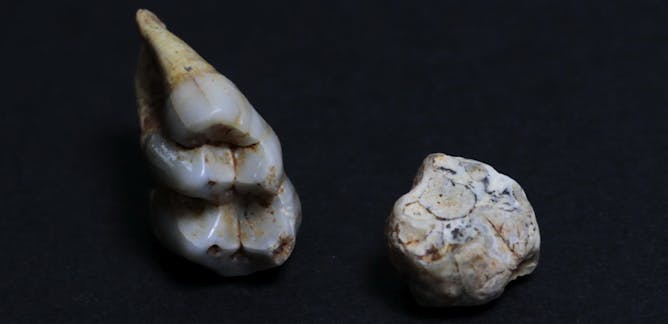
Joshua Allan Lindal, University of Manitoba
The rise and fall of monkeys in ancient Europe should remind us of our own species' precarious relationship with changing climates.
| |
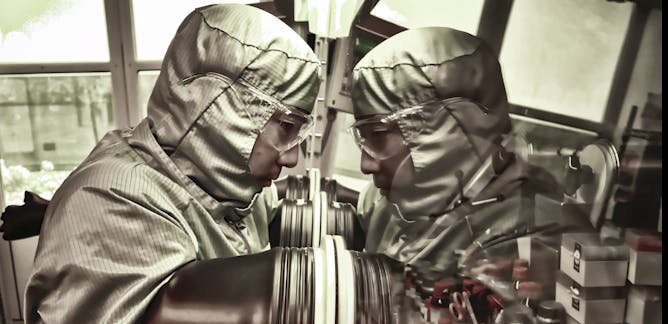
Deepak Venkateshvaran, University of Cambridge
Most quantum computers require a near perfect vacuum, extremely low temperatures and no disturbances to operate. They are also hard to scale up.
|
|
|